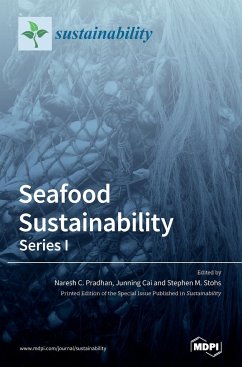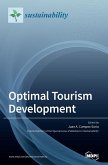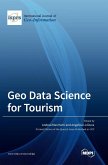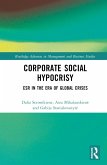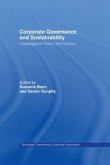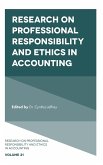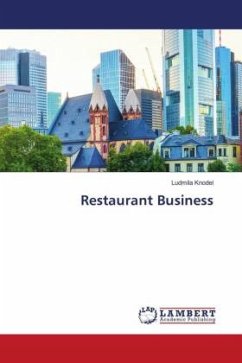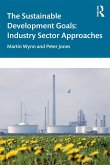This special edition, Seafood Sustainability Series I, includes two articles on seafood consumption, four on sustainable capture fisheries, and four on sustainable aquaculture. The articles on consumption explore an alternative perspective on sustainable seafood movement governance to consumer- or retail/brand-driven logic and analyze fish tissues for human consumption to detect contaminants like flame retardant chemicals hazardous to human health sourced from microplastic pollutants. Articles on capture fisheries include: ¿ A study of harvest strategies to achieve ecological, economic, and social sustainability objectives; ¿ An examination of the economic leverages and resources needed to sustain coastal artisanal fishing communities in Africa; ¿ A review of sustainability planning efforts to combat fishing community threats like declining participation, aging infrastructure and fleets, gentrification, reduced resource access, market competition, and environmental stresses; ¿ An analysis of responsible fish consumption through a life-promoting sustainable food system for school-age children. Three of the articles on aquaculture focus on studying consumer preferences related to sustainable aquaculture based on the estimation of how the attributes of aquaculture products (including product labeling and perception) affect consumers' purchase decisions. The other article questions the widely held assumption of sustainable substitutability of plant protein sources (e.g., soymeal) for fishmeal in aquaculture production.
Hinweis: Dieser Artikel kann nur an eine deutsche Lieferadresse ausgeliefert werden.
Hinweis: Dieser Artikel kann nur an eine deutsche Lieferadresse ausgeliefert werden.

